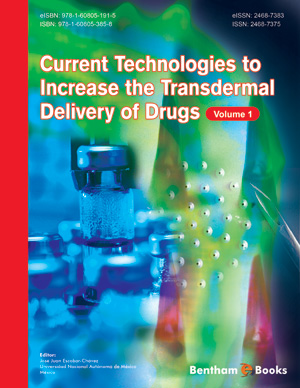Abstract
Pathological angiogenesis, a hallmark of cancer, is a rational target for the treatment of lung cancer which is the most lethal cancer worldwide. In this article we reviewed angiogenesis targets that have potential applications for lung cancer treatment, including endogenous angiogenesis inhibitors and molecules in proangiogenic signaling. With an ever-growing list of angiogenesis activators and inhibitors, a better understanding of the molecular basis of angiogenesis offers various targets for antiangiogenic cancer therapy. A number of therapeutic strategies, including gene therapy approaches, have been explored in preclinical models with direct and indirect angiogenesis inhibitors. Gene therapy approaches with emphasis on viral vectors for lung cancer are discussed here. Recent advances in clinical application in lung cancer treatment with antiangiogenic therapy are also reviewed. Some small molecule inhibitors have given hope to lung cancer patients in clinical trials, these are also described. In this article, we aim to bridge the gap between basic science understanding of angiogenesis mechanisms and clinical applications of our current knowledge in lung cancer treatment.
Keywords: Angiogenesis, Lung Cancer, Gene Therapy, Clinical Application






















